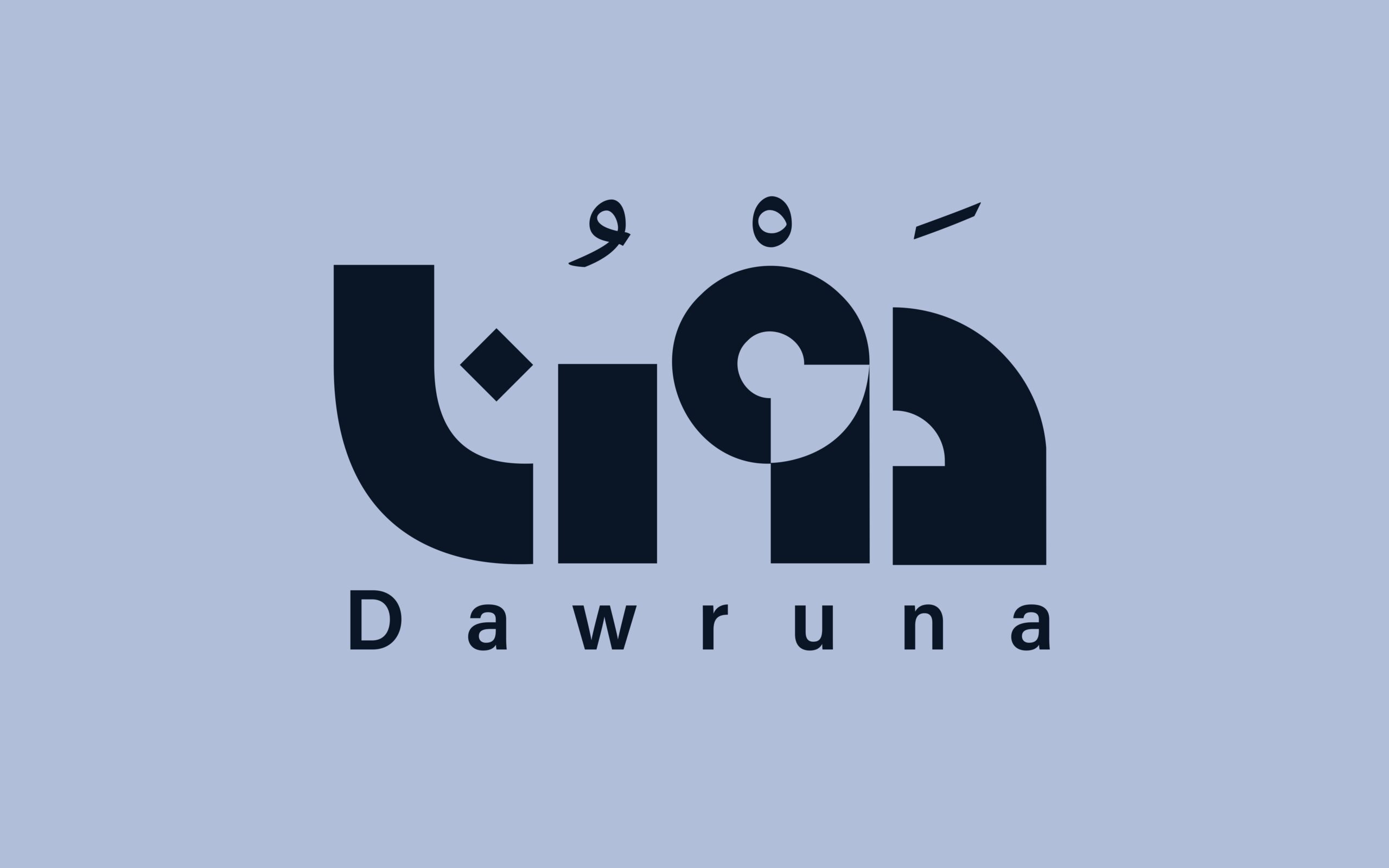Curse the Darkness

“It is better to light a candle than to curse the darkness.” This phrase, attributed to a sermon by Reverend Lonsdale Watkinson in the early 20th century, has transformed into a political, social, and cultural weapon wielded against anyone daring to criticize authorities or point out mistakes, regardless of their magnitude or impact.
Several international and humanitarian organizations adopted this phrase as a slogan, each interpreting it to serve its own vision. Amnesty International, inspired by this saying, embodied its role in a candle symbolizing hope for change, surrounded by barbed wire representing oppression and injustice. Other organizations and associations did similarly—equating, in one way or another, the act of cursing darkness with darkness itself, or deciding to act as the candle between those who curse the dark. However, some clergy and governments around the world fully understand the power and effect of this phrase and deliberately use it to steer people toward submission—or rather, to convince them that protest will not change their reality.
In Lebanon, many politicians and bankers glorify this saying. Calls to “stop cursing the darkness” are used to urge citizens to remain silent in the face of daily crimes committed against them. They are even asked to “light a candle” for change in a political, economic, and social reality that these same politicians and bankers are working hard to entrench and perpetuate.
Attempts to silence people and prevent them from raising their voices have never ceased, extending across all fields—including issues related to social justice, especially those concerning marginalized groups.
Although the definition of social justice varies between schools of thought, this fundamental human right is entirely absent in Lebanon by all standards. One cannot speak of a fair distribution of wealth when it is concentrated in the hands of less than 1% of the population. The economic crisis has escalated this into outright looting, with Lebanese citizens’ deposits unlawfully and unconstitutionally held in banks, while their owners—along with many politicians—have smuggled their blood- and sweat-earned wealth abroad.
Tax justice in Lebanon has also become a fruitless discussion. While mafias and militias control the economy, they reward themselves with meager taxes on companies, real estate, insurance, imports, wealth transfers, and inheritances. In fact, many imports are exempt from taxes due to systematic smuggling and rampant corruption at all Lebanese entry points.
If social justice means people having access to social services, or achieving equality within societies and economic systems—starting with gender equality, access to education and healthcare, and ending with fair wealth distribution—then all of this is far removed from the reality, and perhaps the near future, of Lebanese citizens.
Figures show that after the 2019 crisis and the banks’ theft of depositors’ funds, the rate of multidimensional poverty in Lebanon doubled from 42% in 2019 to 82% of the population in 2021. According to Information International, more than 175,000 Lebanese emigrated in 2023
(net migration), compared to 59,000 the previous year. The International Labour Organization reports that youth unemployment in Lebanon is the highest in the region, at 47.8%.
Naturally, all these crises emerged after being entrenched by the same mafia-like ruling powers through corruption, shady deals, and the continuous looting of sectors that are supposed to provide these services.
Going into detail, especially regarding marginalized groups, reveals an even harsher reality. A World Health Organization report states that 10–15% of Lebanon’s population suffers from disabilities. After the war, this percentage naturally increased, meaning more than a million people live with some form of disability. These individuals are expected to have equal opportunities as others, but in reality, this is far from true. There is neither the infrastructure nor the services to enable them to access such opportunities.
Amnesty International’s 2020 report noted that 51% of LGBTQ+ individuals in Lebanon face workplace discrimination due to their sexual orientation, and many experience threats of violence or even dismissal. Human Rights Watch also reports that there are between 250,000 and 300,000 stateless individuals in Lebanon. These people lack official identification and are thus denied access to essential services such as education and healthcare.
Despite all this, some still come, full of audacity, to arrogantly repeat: “Light a candle instead of cursing the darkness.”This phrase becomes tragically absurd when applied, for example, to the massive corruption in Lebanon’s electricity sector. Don’t raise your voice, don’t criticize, don’t organize protests, don’t demand that the corrupt be jailed—just light a candle, folks. Cook by its flame. If one isn’t enough, use two. If that doesn’t satisfy you, there’s a political party affiliate in the neighborhood with a generator. Sure, the bill might be a quarter of your salary, but would you rather stay in the dark? So don’t curse the darkness. How about evolving your struggle and cursing the candle too—to further enrich the generator owners and those behind them?
The social and economic disparities highlight the major failure of social justice in Lebanon, leaving citizens in a state of despair. Yet there is always hope for change.
From varied acts of protest, to refusing to accept so-called facts, to writing, screaming, taking to the streets, or even resorting to the judiciary (even if it is partly controlled by the ruling system)—all of this is cursing the darkness. Acting within one’s social, professional, or productive role, even to the point of shouting or tearing down taboos, is also cursing the darkness.
Liberation begins with not equating those who curse the darkness with the darkness itself. In this context, cursing is an act of liberation—fundamentally, a condemnation of the failures of those entrusted with public funds and national responsibility, and a call for them to do their job and light the candle.
